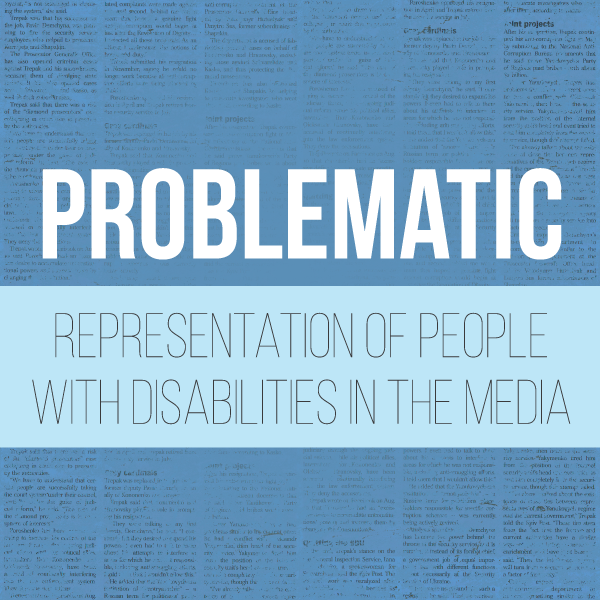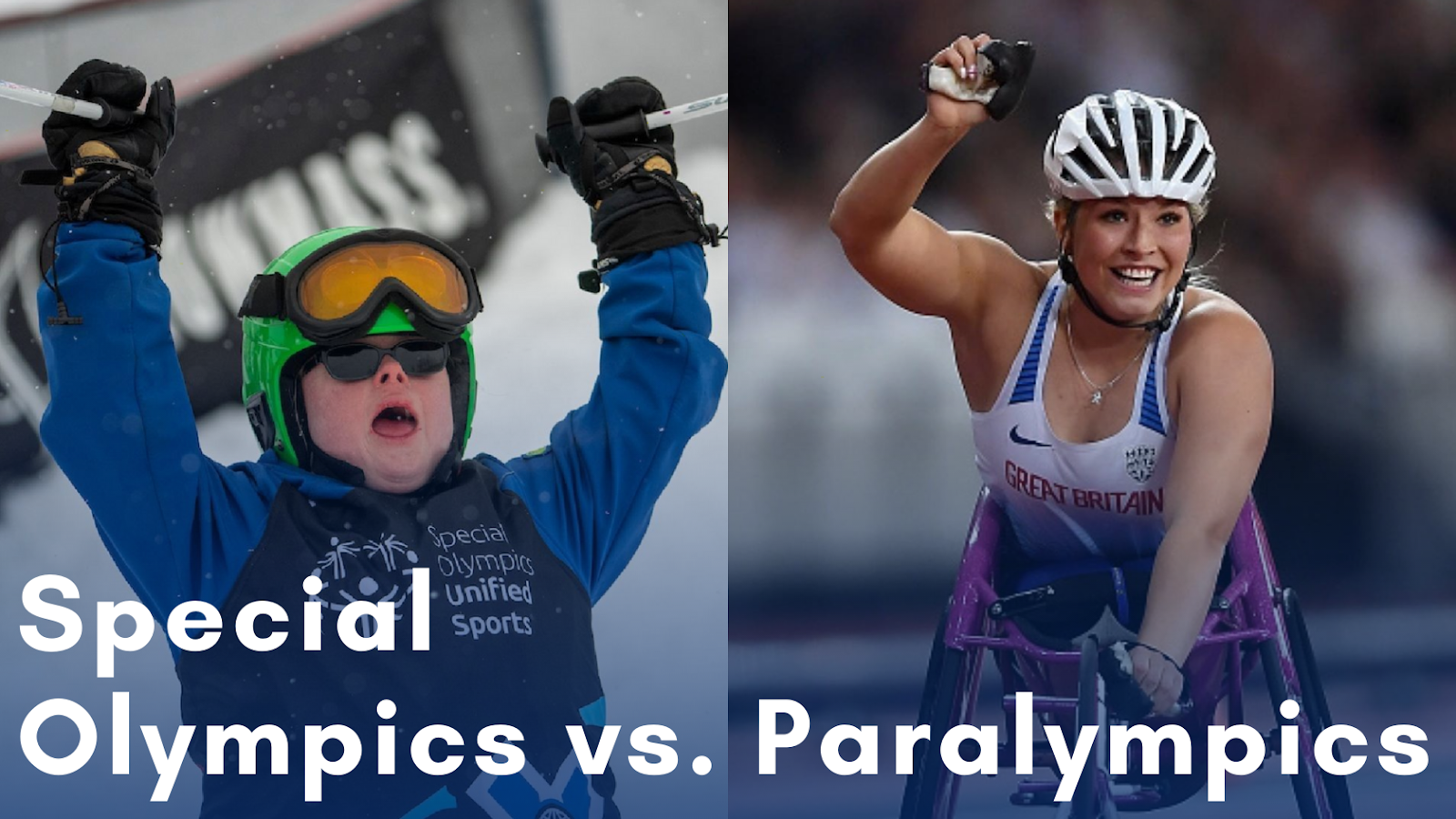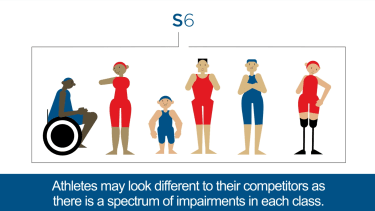The Disabled Population and The Media
Media Coverage
The media is a big place and a very influential area. There are so many things that the media has exaggerated or falsely represented. People with disabilities are one of those. Like with other minorities, stereotypes about individuals with disabilities have been pushed and reinforced in the media. There are not enough persons with disabilities in the media, despite the fact that they are frequently misrepresented. This is a pressing global issue, particularly given that one in four Americans suffer from a disability. Considering those statistics, you may assume that disabled people are represented in the media more, however just 3.1% of characters on film are disabled (Tehranian, 2022). A lack of understanding of people with disabilities may result from this lack of exposure, particularly with kids. We need to give the Paralympics and other sports for people with disabilities more media attention in order to solve this. This can be accomplished by featuring people with disabilities in all forms of media, such as advertisements, television programs, and motion pictures. Also, I believe that an actual disabled person should do that role rather than an actress who is able-bodied. This will more accurately reflect the disabled population, better honor their contributions, and demonstrate to others that they are capable of doing the same things as others.
More media attention may also mean a more inaccurate portrayal of them. In the media, people with impairments are represented as "villains, supercrips, or defenseless." The majority of the movies I've watched treated people with disabilities like ill people who needed to be cured in order to function and even be happy. I am aware that is untrue about persons with disabilities based on all I have learned in this class thus far. A person's disability does not automatically mean that their life is over and that they are unhappy. No matter the situation, they are more than capable of being content with their lives. Stereotypes in the media must be avoided in order to address these difficulties. Rather, treat people with impairments the same way you would any other individual. In the end, persons with disabilities are just like everybody else and want to be treated as such. The media should concentrate on the person rather than the impairment. When discussing those of us with impairments, it can be helpful to alter some expressions and vocabulary. I sincerely hope that the media will seize this opportunity to alter how people perceive disabilities.





Comments
Post a Comment